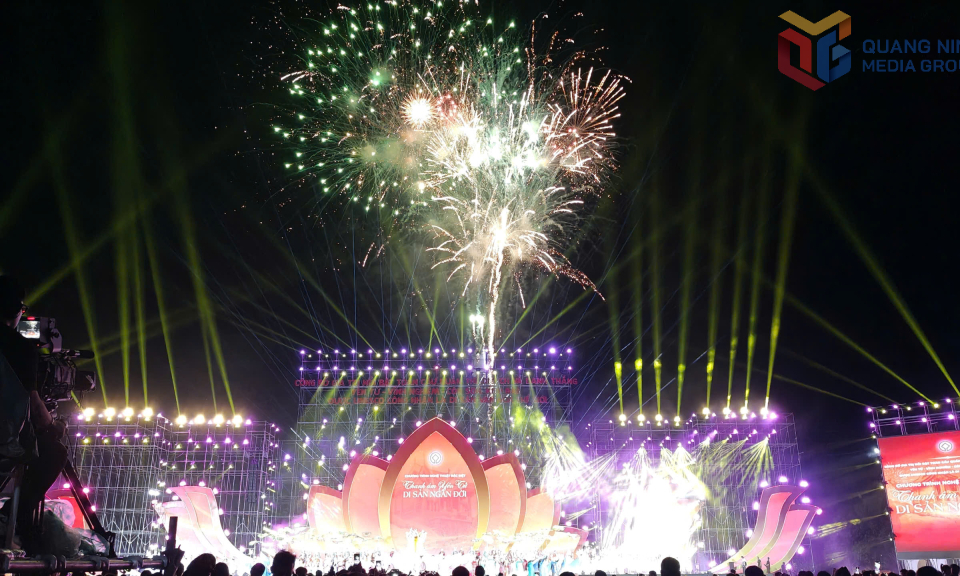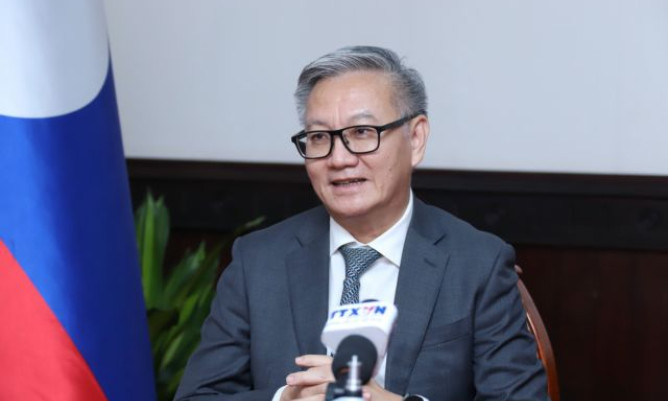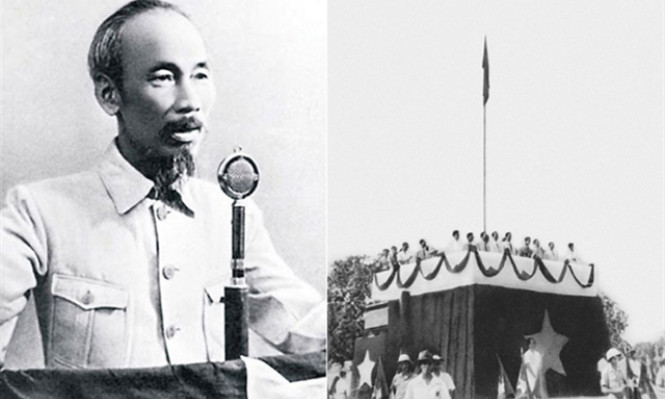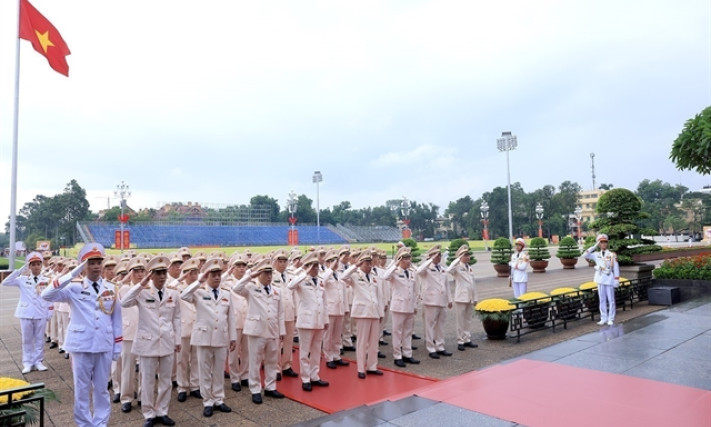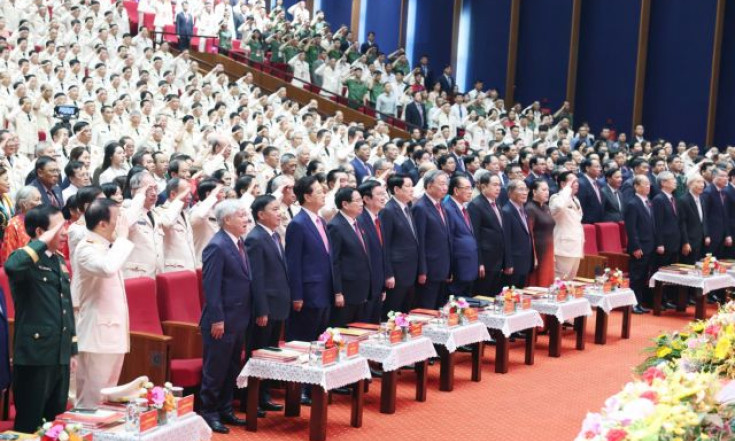Creating a breakthrough in Mekong subregional cooperation in the new development phase
Prior to Prime Minister Phạm Minh Chính's trip to attend the 8th Greater Mekong Subregion (GMS) Cooperation Summit from 5 to 8 November 2024, Deputy Minister of Foreign Affairs Phạm Thanh Bình gave an interview to the press, sharing insights related to this important mission.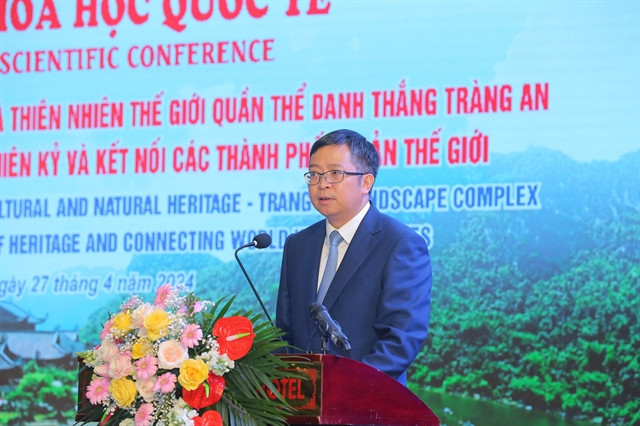
At the invitation of Premier Li Qiang of the State Council of the People's Republic of China, Prime Minister Phạm Minh Chính will lead a high-level Vietnamese delegation to attend the 8th Greater Mekong Subregion (GMS) Cooperation Summit from 5 to 8 November 2024. The Prime Minister will also attend the 10th Ayeyawady-Chao Phraya-Mekong Economic Cooperation Strategy (ACMECS) Summit, the 11th Cambodia-Laos-Myanmar-Việt Nam (CLMV) Cooperation Summit, and conduct official engagements in China.
Before the trip, Deputy Minister of Foreign Affairs Phạm Thanh Bình spoke to the press, sharing insights related to this important mission.
Prime Minister Phạm Minh Chính will attend the 8th GMS Cooperation Summit, the 10th ACMECS Summit and the 11th CLMV Cooperation Summit, and carry out official duties in China from 5 to 8 November. Could you please share the objectives, significance, and importance of this trip?
This is the first time in six years that the GMS, ACMECS and CLMV cooperation summits are being held in person again, providing an opportunity for leaders to discuss cooperation directions and helping these mechanisms firmly step into a new era of development.
Prime Minister Chính's trip to China is expected to convey many significant messages to the subregion, the region and the international community.
Firstly, it aims to enhance the substance of subregional cooperation. In the context of the global economy undergoing unprecedented, profound, and comprehensive transformations; with trends like green transition, digital transformation and sustainable and inclusive development becoming more urgent than ever, the Mekong subregion needs 'breakthroughs' to meet new development requirements.
At these summits, in addition to traditional issues such as the economy, facilitating trade and investment, connecting hard and soft infrastructure, and managing and sustainably using transboundary water resources, the Prime Minister and other leaders will focus on discussing new issues, notably innovation.
These new areas of cooperation are powerful drivers that position the GMS, ACMECS, and CLMV mechanisms not only as traditional core mechanisms in subregional cooperation but also as pioneering mechanisms that elevate the Mekong subregion to a new level in regional and international value chains.
Secondly, it aims to strengthen political trust among member countries. These events unite all nations along the Mekong River, which are close neighbours and share longstanding friendly ties with Việt Nam. The Prime Minister will engage with representatives of governments, localities, businesses and the people of these countries, with a particular focus on the host, China.
This is a key opportunity for Việt Nam to showcase its cooperative spirit, fostering mutual understanding and enhancing the friendly neighbourly relations between Việt Nam and member countries, while promoting comprehensive economic, trade and investment cooperation.
The trip also seeks to sustain the positive momentum in Việt Nam-China relations, building on the high-level consensus reached during General Secretary Tô Lâm's official visit to China in August 2024. Through high-level exchanges and contacts, Việt Nam aims to deepen political trust, enhance practical cooperation, and ensure that Việt Nam-China relations continue to grow steadily, healthily and sustainably at both central and local levels.
Thirdly, it reinforces Việt Nam’s position and prestige on the global stage. The PM's participation in these summits signals Việt Nam’s strong commitment to the GMS, ACMECS and CLMV mechanisms specifically, and Mekong subregional cooperation more broadly. The Prime Minister will convey that Việt Nam remains dedicated to advancing the GMS, ACMECS and CLMV frameworks, as well as the Mekong subregion as a whole, towards breakthroughs in this new development phase. In doing so, Việt Nam reaffirms its independent, self-reliant, diverse and multilateral foreign policy - positioning itself as a friend, a reliable partner, and an active, responsible member of the international community.
Could you please share the main contents of the Prime Minister's activities during this mission?
Prime Minister Chính's activities are anticipated to span four productive working days, grounded in efficiency, comprehensiveness and practicality. His programme will be rich, diverse and substantial.
Firstly, the programme will include a variety of formats. According to the plan, Prime Minister Phạm Minh Chính will attend and deliver key speeches at three multilateral summits - the 8th GMS Summit, the 10th ACMECS Summit and the 11th CLMV Summit. He will also engage in bilateral meetings with significant partners, participate in activities promoting Việt Nam’s tourism, hold discussions with businesses and visit various economic and logistics facilities in Kunming and Chongqing, China.
Secondly, the programme will feature a diverse range of partners. During the visit, the Prime Minister is expected to meet with a range of critical partners with cooperation potential across all levels. These include development partners, multilateral financial institutions, central agencies, ministries, localities and Chinese enterprises. Additionally, he will take time to connect with the Vietnamese community in China, learning about their lives and experiences.
Thirdly, it will have substantive content. The Prime Minister will focus on advancing cooperation areas aligned with Việt Nam’s current development priorities. This includes leveraging traditional strengths such as trade - both import and export of goods and services - enhancing hard and soft infrastructure connectivity, and sustainably managing and utilising transboundary water resources.
At the same time, he will actively seek resources to foster key areas like science and technology, innovation, artificial intelligence, digital transformation and green transition, supporting Việt Nam’s socio-economic development goals and furthering Việt Nam’s commitments to sustainable development and emission reduction.
I believe that under the leadership of the Party, the State, and personally Prime Minister Phạm Minh Chính, this trip will bring many concrete and substantive results for Việt Nam and the Mekong subregion, contributing to the process of building the ASEAN Community.

